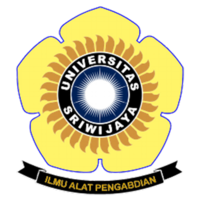THE USE OF CHILDREN’S LITERATURE FOR THE TEACHING OF ENGLISH & CHARACTER EDUCATION
Abstract
Abstract: The power of children’s literature to entertain and to inspire has long been acknowledged as has its power to educate a child’s moral sensibility. In many respects, children’s literature continues to be an important vehicle through which moral values are taught and “caught”. Yet, how this might be done with children of today may require some pause. In this talk, I discuss the relationship between the use of children’s literature, character development of young children and the teaching of critical thinking. Drawing on the work of Luke and Freebody (1990), I will attempt to describe the 21st century world and the key competencies, chief among them critical thinking, that children will need. I argue that approaches such as Lipman’s Philosophy for Children (1970) that seek to use critical reasoning as the means to character learning might be more appropriate for children of today who will be the citizens of tomorrow. I demonstrate through the examples from children’s literature how these will serve as textual “mediums” (Krashen, 1962) for language use in classroom discussions on tasks focused on moral issues. In this way, I offer the view that English language lessons are an excellent site for not only the use of children’s literature for language use but for the development of children as the future moral caretakers of the world.
Full Text:
784-788 (complete)Article Metrics
Abstract view : 208 times784-788 (complete) - 178 times
Refbacks
- There are currently no refbacks.
